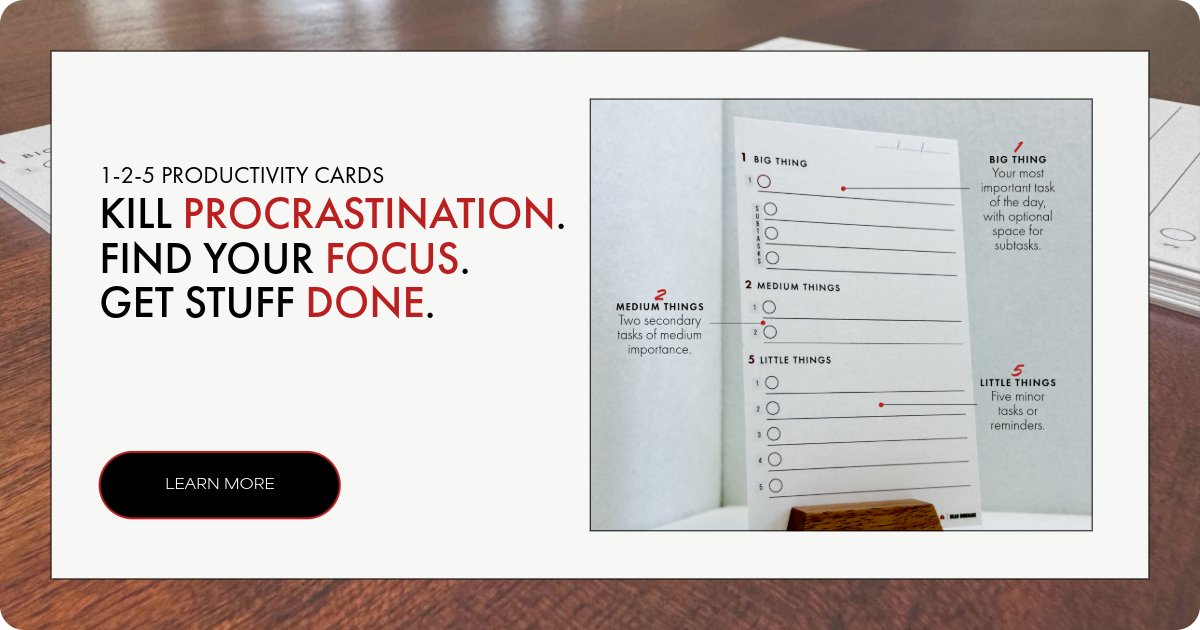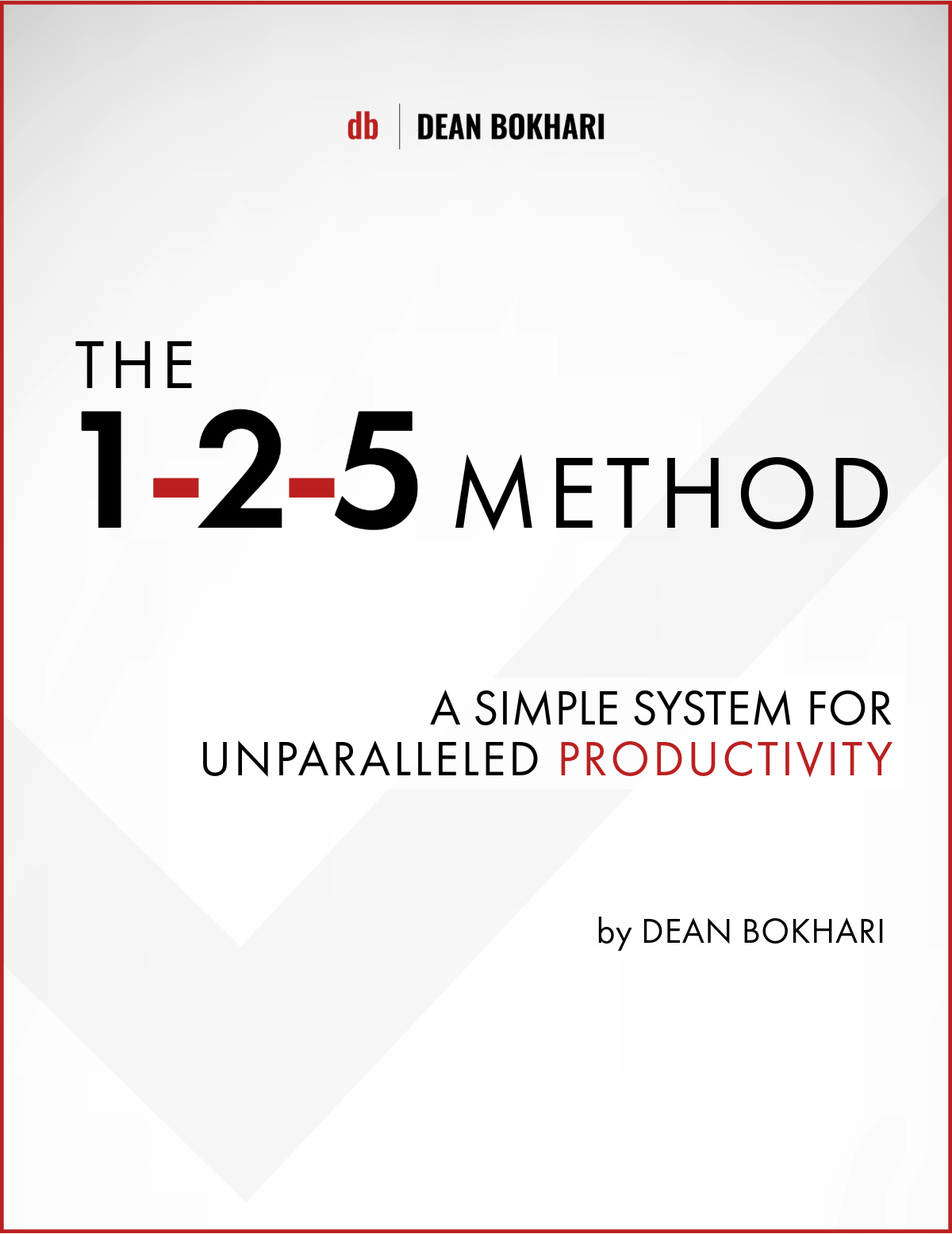Emotions vs. Logic: The Secret to Making Long-Lasting Changes
Contributed by Beth Rush
Logically, people are aware addiction isn't a good thing. However, is it enough to make them want to make long-lasting changes? No one said recovery would be a walk in the park, but leaning into internal forces and emotions may better motivate you in the long run.
The importance of intrinsic motivation should not be underestimated in addiction recovery. Incentives from more logical approaches work for some people, but making changes is far more impactful because it feels good and is the right thing to do. If you recognise that there’s a problem, you could probably start looking for rehab centers near me to get assessed by a medical professional. Looking for a rehab center is a great start if you want to make long-term changes.
Here’s what to know about intrinsic motivation, why it is critical to live a healthier lifestyle and how to harness it for positive change.
What Is Intrinsic Motivation?
Consider why you might walk in the mornings. Do you go walking every day? Does it make you feel good? Do you go so your health improves? Motivations get people to do things daily, but where they stem from matters.
Intrinsic motivation is doing something for inherent enjoyment. You may not get a reward, prize or money out of it or do it because you've undergone pressures externally. You simply engage in an activity because you want to. For instance, if you go for a daily walk, your motivation is you love it. It may even feel like it's part of who you are.
Activities you're intrinsically motivated to do are typically challenging and encourage personal growth. They also build autonomy, purpose, creativity and resilience.
Intrinsic motivation starts at a young age during playtime. When kids participate in engaging activities, they decide what they want to learn, explore interests and determine what holds meaning for them.
Unfortunately, developing intrinsic motivation is in decline. About 85% of today's children spend less time outside, opting for indoor activities like watching television or playing on devices.
The Importance of Intrinsic Motivation in Addiction Recovery
Intrinsic motivation plays a critical role in addiction recovery, whether to a substance, food, the internet or gambling. It leads you to make long-lasting changes for internal reasons rather than external ones.
The strength to continue is the fundamental importance of intrinsic motivation. It derives from wanting more and better for yourself — the longing for meaning, development and life satisfaction.
About 40%-60% of people with substance abuse relapse after seeking treatment and rehabilitation. Half give in to peer pressure from old friends. Other reasons for relapsing include trying to balance your new life with how things used to be — such as socializing at previous hangouts — and expecting something different from a life without substances.
From an emotional standpoint, recovering from addiction is motivation enough, giving you a greater sense of achievement, self-improvement and fulfillment. It drives you to keep moving forward without compensation or praise for your efforts.
Essentially, the only acknowledgment and acceptance you need comes from yourself. However, building connections with people who support your journey promotes community and belonging.
Tapping Into Your Intrinsic Motivation
Your internal motivations are different from other people's. As such, you must do the work to uncover what drives you to personal growth and purpose. Here are seven ways to tap into your intrinsic motivation and undergo an emotional transformation.
1. Explore Interests and Passions
When you engage in things you love, you do it simply for the enjoyment you get from it. These activities should be meaningful and excite you about the future.
Part of successful addiction recovery is reigniting your love for various activities, interests and passions. Falling back into hobbies you enjoyed before or finding new, creative pursuits is an excellent way to tap into inherent enjoyment.
2. Create a Vision for Yourself
Setting goals for yourself is one thing, but what is the outcome? Aligning your objectives with a vision for your life motivates you to see your plan to the end.
Creating a vision is an emotional experience. Ultimately, it's experiential and creative and gives you something to look forward to.
A vision board of the life you want — with photos, quotes and notes — is a helpful visual you can refer to when you need a motivational boost.
3. Surround Yourself With Good People
A positive social circle will help inspire and encourage you to progress. When looking for good people to surround yourself with, find those who champion you, reserve judgment and provide a safe space.
Exploring the emotional side of your internal motivations may initially seem foreign and uncomfortable. However, you'll notice you carry a beautiful energy when you're open to people with the same innate power.
4. Take Ownership of Your Actions
No one can make long-lasting changes in your life but you. Every action you take is your own and can bring you one step closer to change or a step back.
The decision to improve yourself and move away from things no longer serving you is a choice. At the same time, you are the only one determined to make those decisions and continue your journey.
5. Foster a Growth Mindset
There will always be challenges and setbacks along the way. Some instances will test you more than others. Changing your perspective and adopting a growth mindset is the best way to face difficulties head-on.
Challenges are opportunities to learn, understand, grow and become better. Regardless of what you're relying on intrinsic motivation for, a growth mindset will move you closer to your goals.
6. Find Your Purpose
Goal-setting is the first step toward finding and living out your purpose. Life is more fulfilling when there is meaning to your existence. According to one study, discovering your life's purpose encourages better decision-making for your mental and physical health. It also helps you overcome depression, anxiety and stress.
Your purpose is found in many places, including work, volunteering, community activities and other forms of engagement. Likewise, you might discover your purpose through personal experiences. Perhaps you'll leverage your experience with substance abuse to help others on a similar journey to recovery.
7. Celebrate Progress
When you remove rewards, you're left with ongoing efforts to make long-lasting changes. There may never be an end to your journey, which is fine. You shouldn't look for one.
Reflecting on all you've accomplished thus far aligns with the importance of intrinsic motivation for addiction recovery. Always celebrate your achievements and milestones, no matter how big or small. Even baby steps equal growth.
Intrinsic Motivation Brings You Closer to Change
A logical, extrinsic approach will only take you so far. You need emotional motivation to continue at all times. Develop inherent enjoyment in the journey to find the incentive to progress. Personal fulfillment, growth and quality of life are more appealing than any reward.
by Beth Rush • Managing Editor at Body+Mind
✨ New Series: How to Become an Early Riser
- Discover key methods to make early rising a habit
- How to wake up early + energized every morning
- Morning routines for health + success
Free self-development courses
👇
Tap on any of the courses below to start learning how to:
- boost your productivity (with GTD),
- get focused (with Deep Work),
- or learn the art of influencing others (with the How to Win Friends & Influence People course.)
All for free.
👇
Free life guides
👇
Best-selling Self-development courses by Dean Bokhari
Kill procrastination.
|
Get stuff done.
|
Get motivated.
|
Connect with anyone.
|
freshly pressed:
Top Audiobooks narrated by Dean Bokhari on audible | |
Book summaries
- The Power of Habit by Charles Duhigg
- 12 Rules for Life by Jordan B. Peterson
- Presence by Amy Cuddy
- Leaders Eat Last by Simon Sinek
- The ONE Thing by Gary Keller, Jay Pasan
- Deep Work by Cal Newport





































